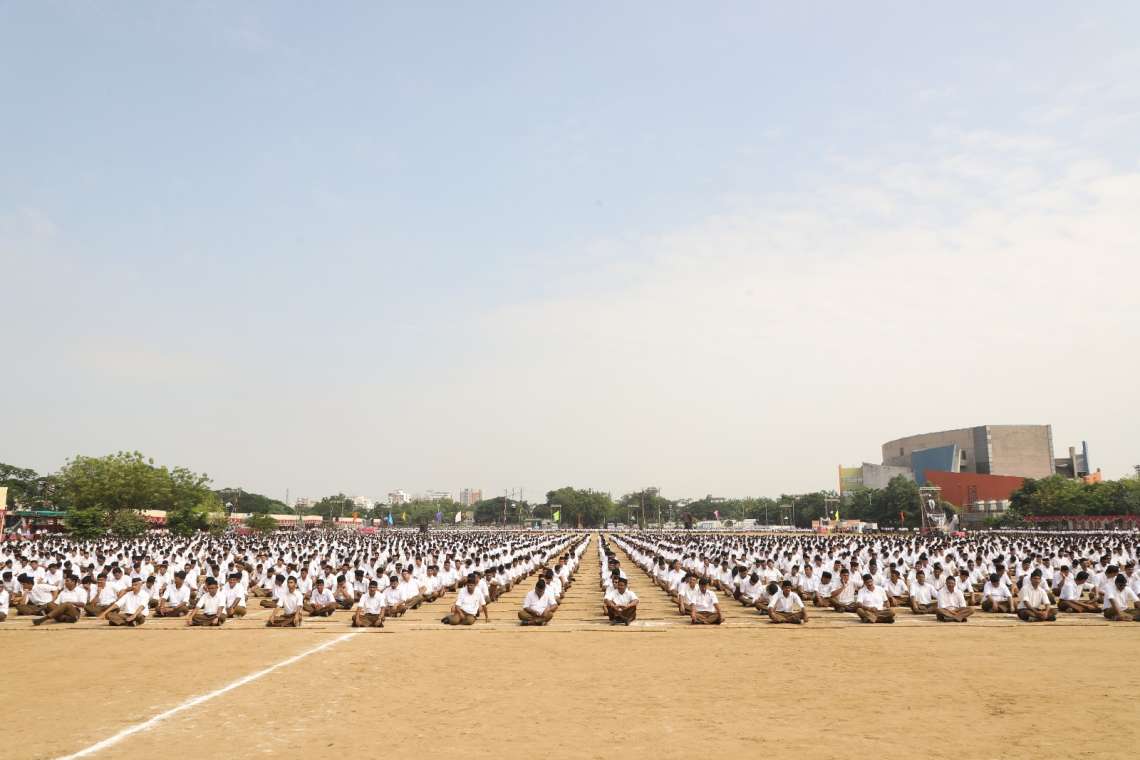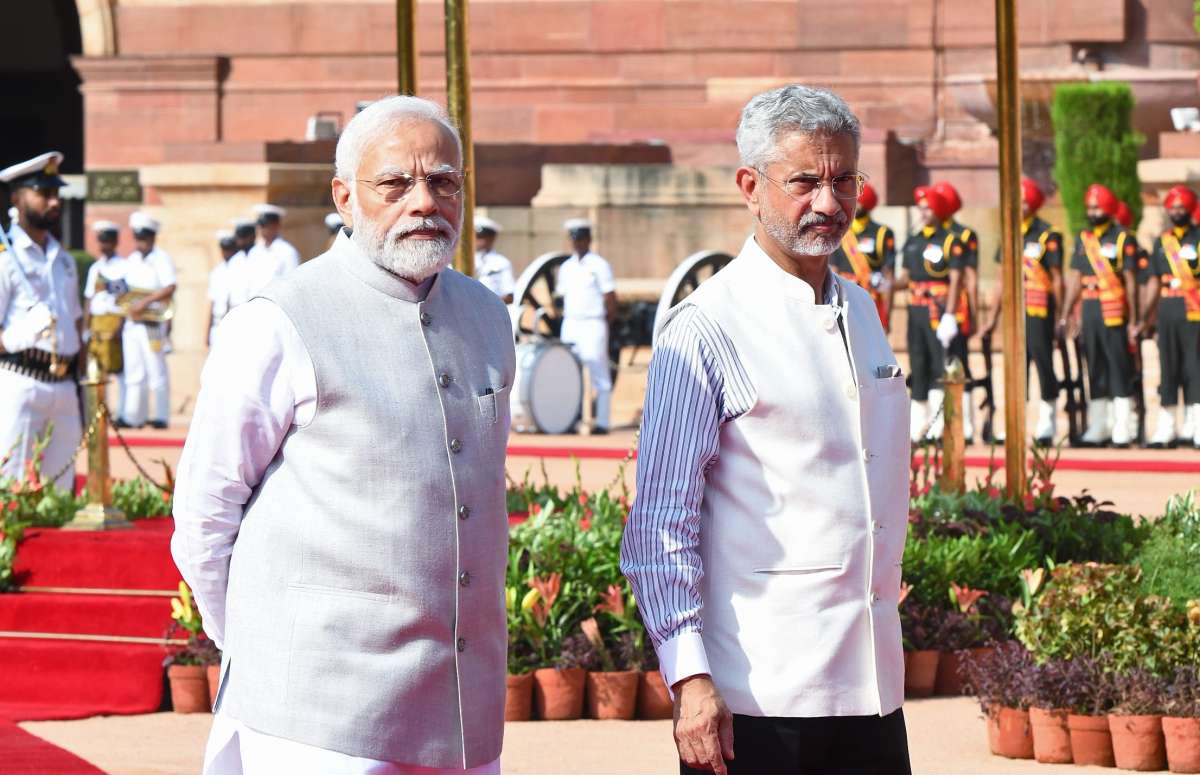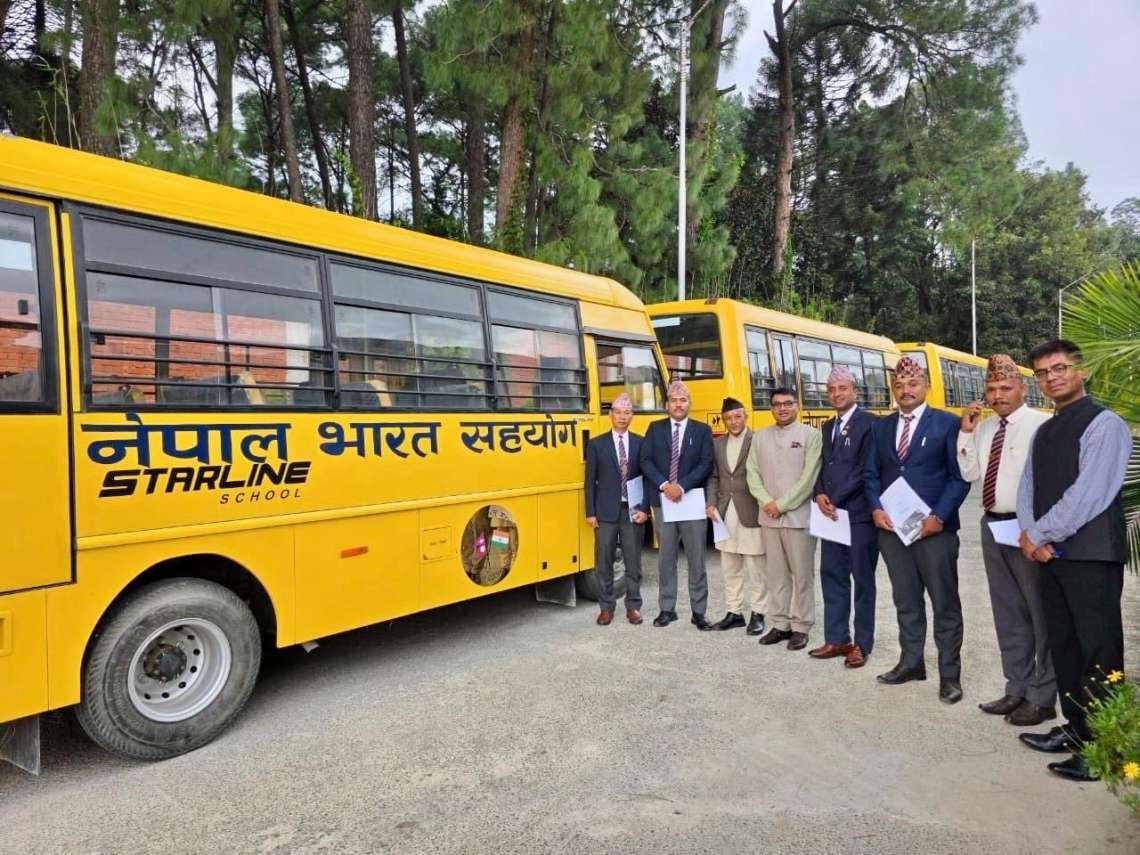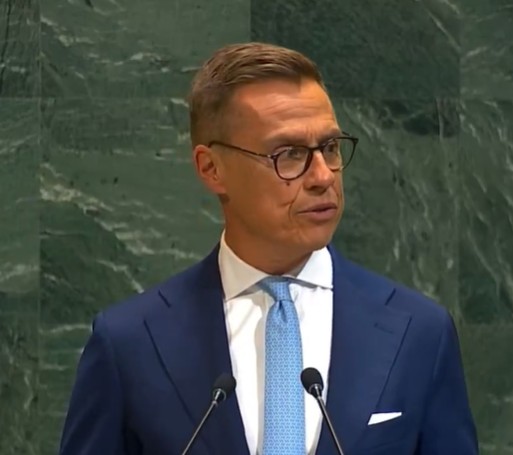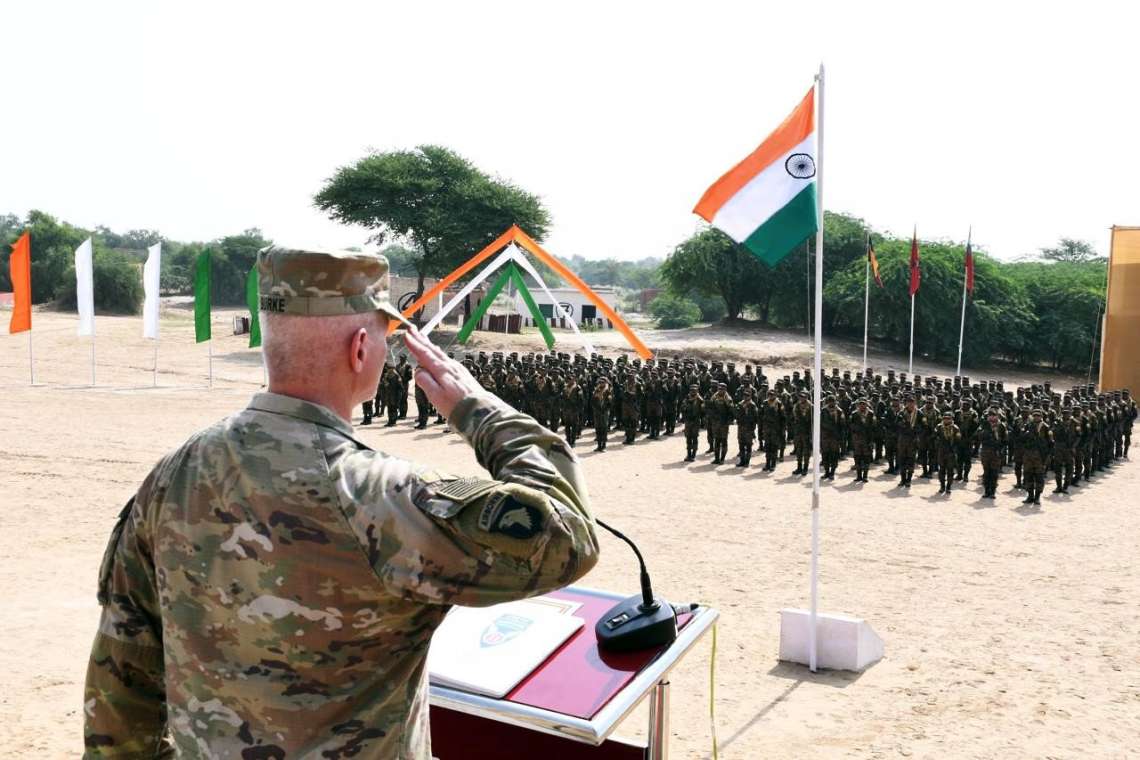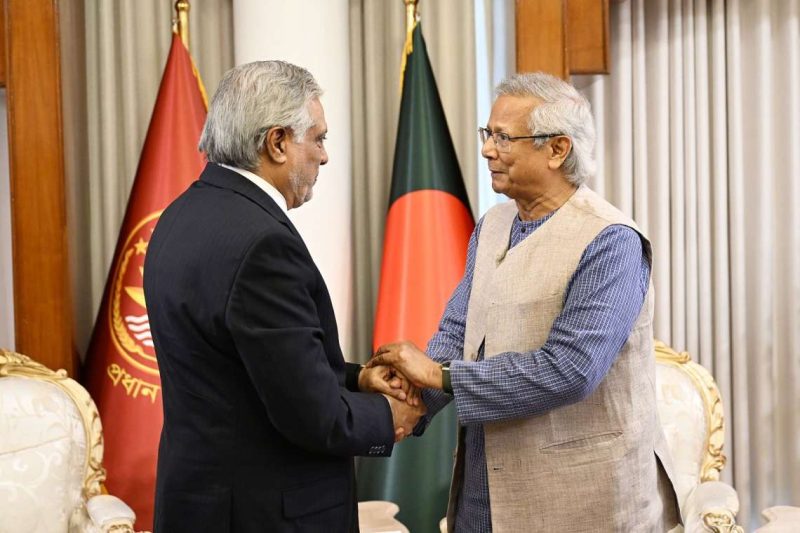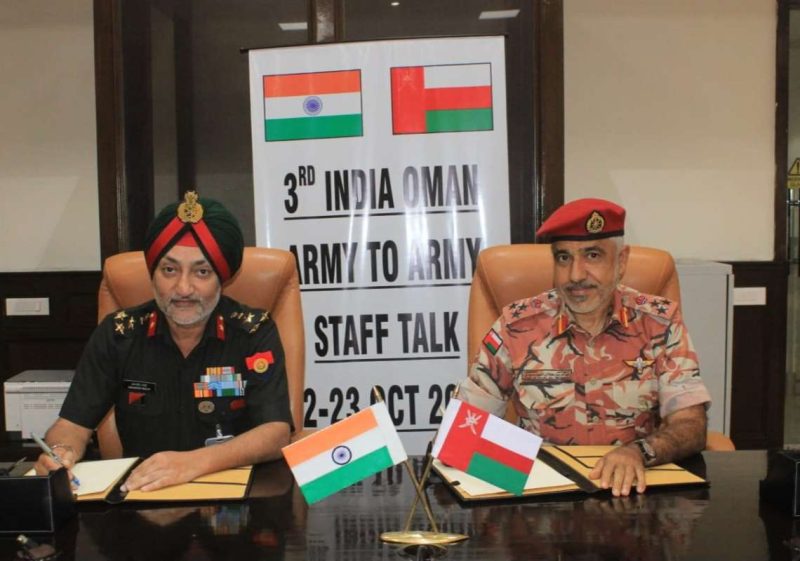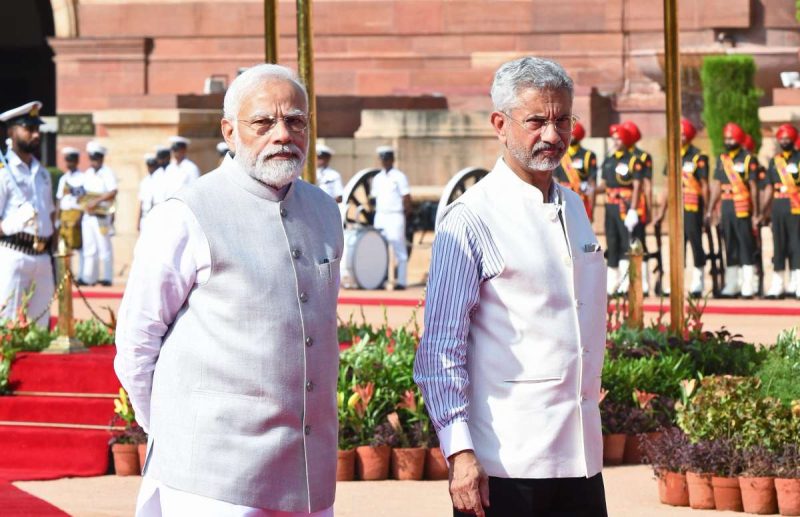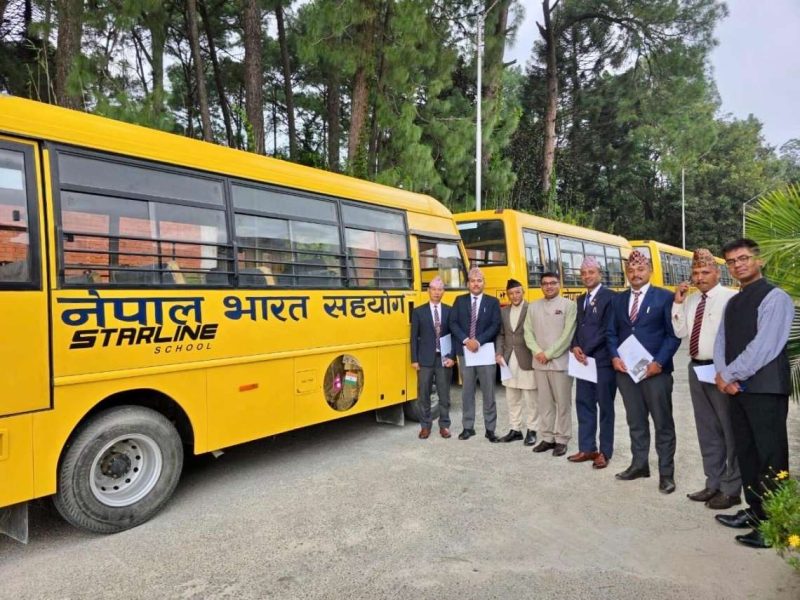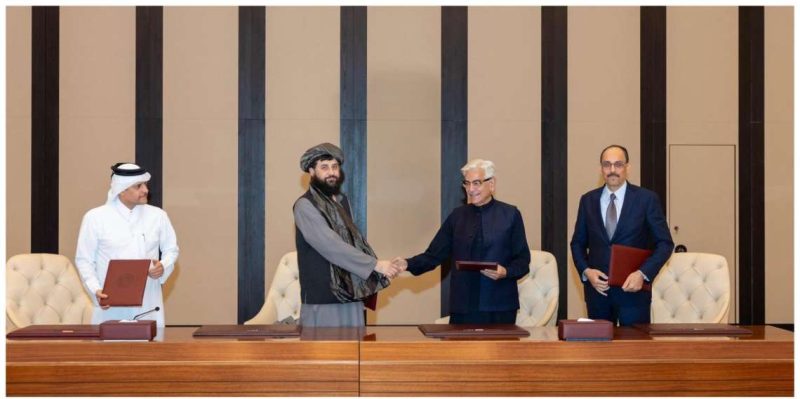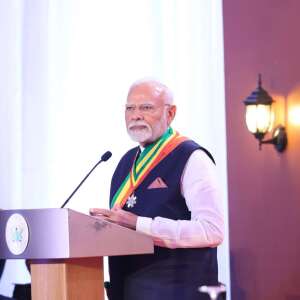PM Modi praises RSS centenary as a force for nation-building, while Congress and Left accuse it of distorting history and undermining India’s constitutional, inclusive ideals….reports Asian Lite News
Prime Minister Narendra Modi and the Congress engaged in a fierce war of words over the legacy of the Rashtriya Swayamsevak Sangh (RSS) as the century-old organisation marked its milestone anniversary with nationwide celebrations. While Modi lauded the Sangh for its role in nation-building and strengthening social fabric, the Opposition accused the organisation of distorting history and promoting divisive ideologies.
Speaking at the RSS centenary celebrations, Modi described the organisation’s shakhas—daily volunteer gatherings—as “sacred spaces of inspiration” where a journey begins from “me” to “we.” He emphasised that these gatherings cultivate discipline, teamwork and sacrifice, qualities which, he said, are essential for national development. “Within the shakhas, swayamsevaks learn the spirit of service, where personal credit fades and collective decision-making thrives. This is the Sangh’s disciplined contribution to the nation,” the Prime Minister remarked.
The centenary celebrations saw Modi releasing a commemorative postage stamp and a ₹100 coin, both depicting milestones from the RSS journey. Recalling the 1963 Republic Day parade, he noted that swayamsevaks had proudly marched after the Indo-China war, a moment he said symbolised patriotism and unity. “The Sangh is like a river—nourishing, sustaining and enriching lives across the nation,” Modi added, drawing parallels between the organisation and streams that branch into various sectors including education, agriculture, social welfare, tribal upliftment, women’s empowerment, and the arts.
Support poured in from BJP leaders and dignitaries. Former President Ram Nath Kovind hailed the moment as the “golden age of the Sangh” and said the organisation embodied India’s journey towards becoming a developed nation by 2047. Union Minister Giriraj Singh echoed these sentiments, calling RSS “the biggest cultural organisation” of India. Rajasthan Deputy Chief Minister Diya Kumari praised its grassroots work, while BJP MP Manoj Tiwari said the organisation had elevated Indian pride and culture. He also backed demands to honour RSS founder K.B. Hedgewar with a Bharat Ratna.
BJP MP Bansuri Swaraj described the centenary as an inspiration for the youth. “RSS teaches five key mantras that put the nation first. This is the guiding light for India’s future,” she said.
However, the commemorations also drew sharp criticism. The Communist Party of India (Marxist) called the release of the coin and stamp “a grave injury” to the Constitution. The CPI(M) argued that the official coin carried the image of “Bharat Mata,” which the party claimed was aligned with the RSS’s sectarian vision of a Hindu Rashtra. The Left further accused Modi of legitimising false history, arguing that the RSS claim of being invited to the 1963 Republic Day parade by Jawaharlal Nehru lacked evidence.
Congress leaders were equally scathing. Pawan Khera took to X (formerly Twitter), accusing the RSS of resorting to violence when unable to “defeat the ideology of India.” Referring to the assassination of Mahatma Gandhi by Nathuram Godse, Khera charged that whenever the RSS loses ideological ground, it resorts to threats and intimidation. He added, “There is a conspiracy to silence the voice of millions of poor and marginalised citizens, and now Rahul Gandhi himself is being targeted.”
This ideological confrontation reflects a long-standing divide in Indian politics. Founded in 1925 in Nagpur by Dr Keshav Baliram Hedgewar, the RSS has always defined itself as a volunteer organisation devoted to cultural revival, discipline, and national service. Its critics, however, argue that it promotes an exclusionary form of nationalism. Over the decades, its ideological influence has grown, especially through its vast network of affiliated bodies known as the Sangh Parivar, which operate in education, labour, tribal development and politics, with the Bharatiya Janata Party (BJP) being the most prominent offshoot.
The RSS’s role in India’s freedom movement remains one of the most contested subjects in history. Supporters point to its contributions in fostering patriotism and discipline, while detractors note its absence from mainstream struggles such as the Quit India Movement. The current debate, sharpened by Modi’s high-profile endorsement at the centenary, underscores how the RSS’s past continues to shape the nation’s political discourse today.
For the BJP, highlighting the Sangh’s legacy is not just about history but also about framing India’s future. Modi’s speech cast the RSS as an enduring cultural force, a river feeding every aspect of Indian society. For the Opposition, however, the centenary became another flashpoint to question what they see as an attempt to conflate India’s identity with the Hindutva ideology.
As the Sangh enters its second century, the divide between reverence and resistance remains stark. Supporters hail it as the custodian of national pride and service, while opponents continue to challenge its historical claims and ideological influence. What is certain, however, is that the RSS centenary has reignited one of India’s oldest political debates, ensuring that the role of the Sangh in shaping the republic will remain at the heart of national conversations.


